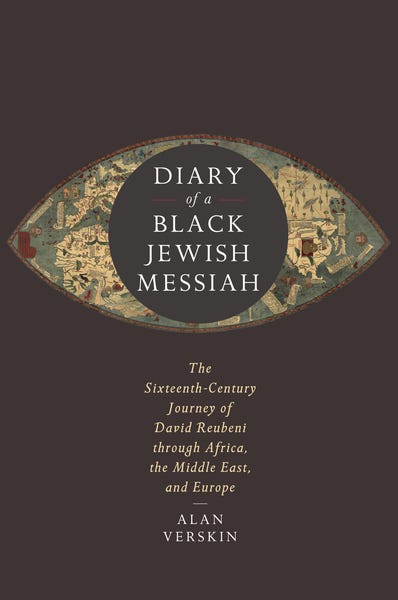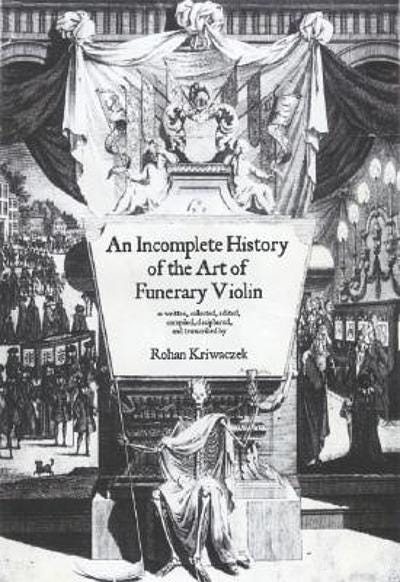Scraps & Loose Ends
from What Can We Learn From The Poles & Old Time Klezmer Harmonica
We Owe This to the Memory of the Jews, If Only Out of Decency: Video and article about Jewish musicians from Poland, survived in the mind of a Polish harmonica player. Polish people, since Barbara Kirshenblatt-Gimblett seems to not care at all about the current klezmer scene, can anyone help?!
We owe it to the Jews and to ourselves. This memory simply - says prof. Bieńkowski about the famous Jewish band Simsi(?), whose music he has been reconstructing for over 30 years Why recall the music of the famous Simsi brothers from Radom from oblivion? Why go back to the pre-war history of sounds? Does it matter why Jews stopped playing polkas "Aj waj" at Polish weddings? Andrzej Bieńkowski, one of the greatest Polish authorities in the field of country music and a tireless promoter of country bands, no longer asks himself such questions. – I have been dealing with country music for 40 years, recording, filming, releasing albums, painting – he says. A lecturer at the Academy of Fine Arts, a painter, not only appreciated the beauty of this music, he also believes that it is a unique cultural heritage that will perish within one generation. Perhaps even from our memory. – Culture can only develop in pluralism. We simply create riches of culture, riches of choice. If we want to live in an open society, remembering the Jews is necessary, says Andrzej Bieńkowski…
from Nonsense is Real: The International Archipelago of Ecstatic Syncretistic Mumbo Jumbo
T-Bone Slim and the Phonetic Cabala Franklin Rosemont (page 22) See more at Nonsense is Real: The International Archipelago of Ecstatic Syncretistic Mumbo Jumbo
See also Surrealism and Yiddish Poetry. Paul Buhle (page 20) and Why is There No Jewish Surrealism? Gideon Ofrat
from There Is No Klezmer Guitar
Diary of a Black Jewish Messiah by Alan Verskin. Before Sabbatei Zvi and Jacob Frank, there was the Jewish African messiah, David Reuveni. In addition to other fascinating aspects of his life, his diary is a glimpse into the musical world of international 16th century Jewry. Several anecdotes feature lutes and secular, mixed gender performances. I’ve updated my post on that time period if you’re interested.
Time on the Crooked Road: Isochrony, Meter, and Disruption in Old-Time Country and Bluegrass Music: An Exhaustive look at asymmetry (what Charles Keil might call “participatory discrepancies” in the Carter Family.)
from How to Lament
“During the Catholic Christian period, the musical emphasis swung from the depiction of grief to the stoical presentation of prayers for the dead… and the outward expression of emotion was of joy for the forthcoming resurrection.”
This book is… weird. Like a joke that goes on way too long and becomes something completely uncategorizable. It’s fake, hooey, fiction, but with strong doses of historical fact just when the thread gets too thin. As people interested in resurrecting the lament, it makes sense, and as hooey, it becomes a celebration of liberating and historically-informed fakelore, which is something we Psychic Courtyardists should take inspiration from…. maybe.








